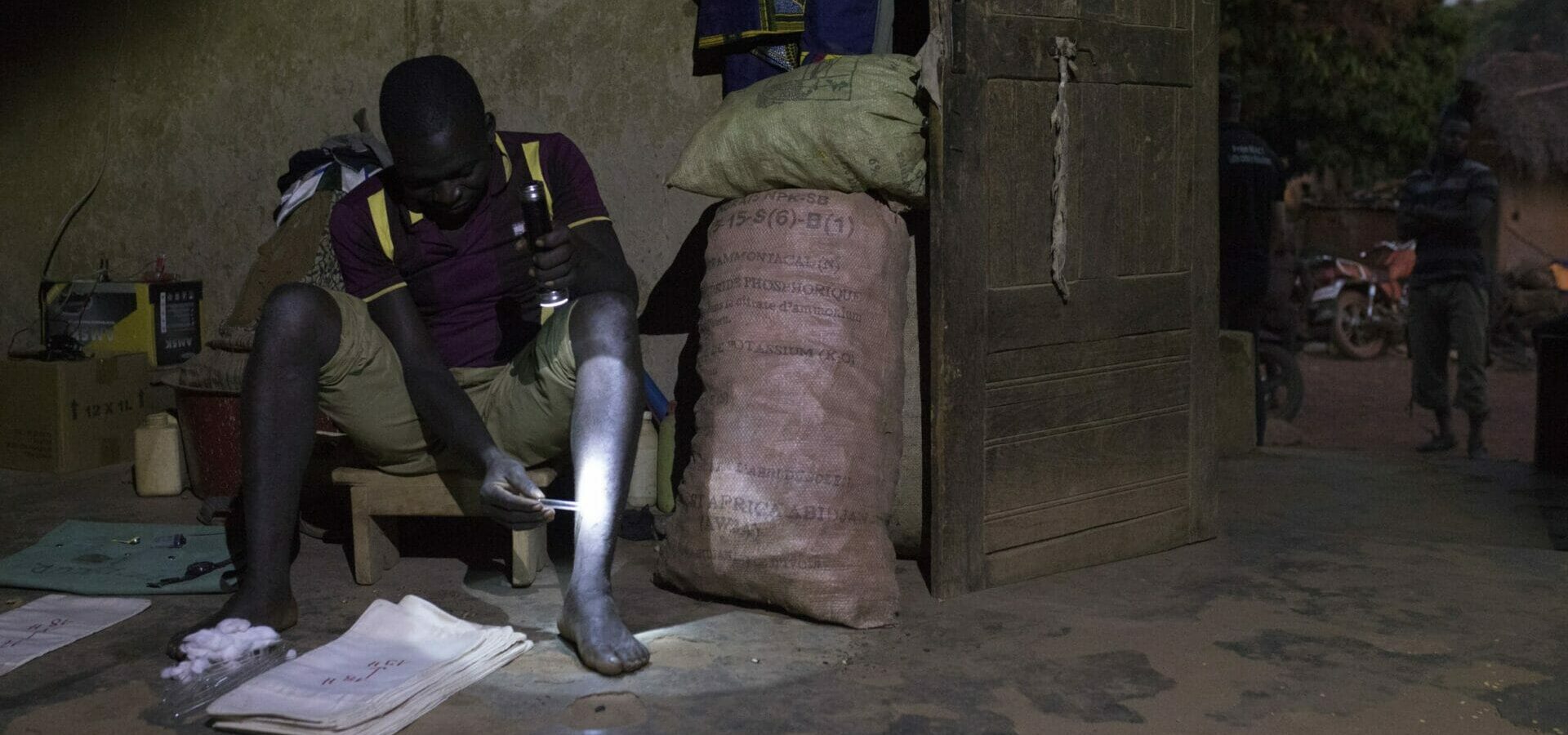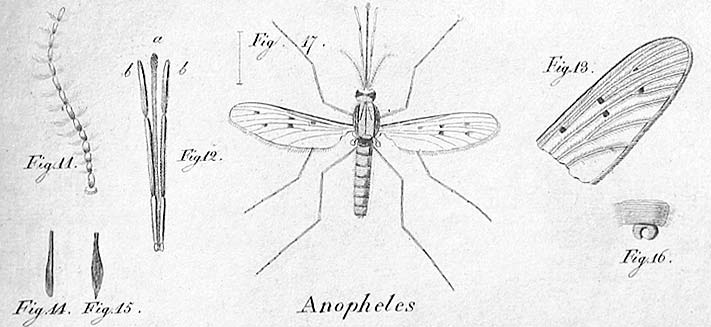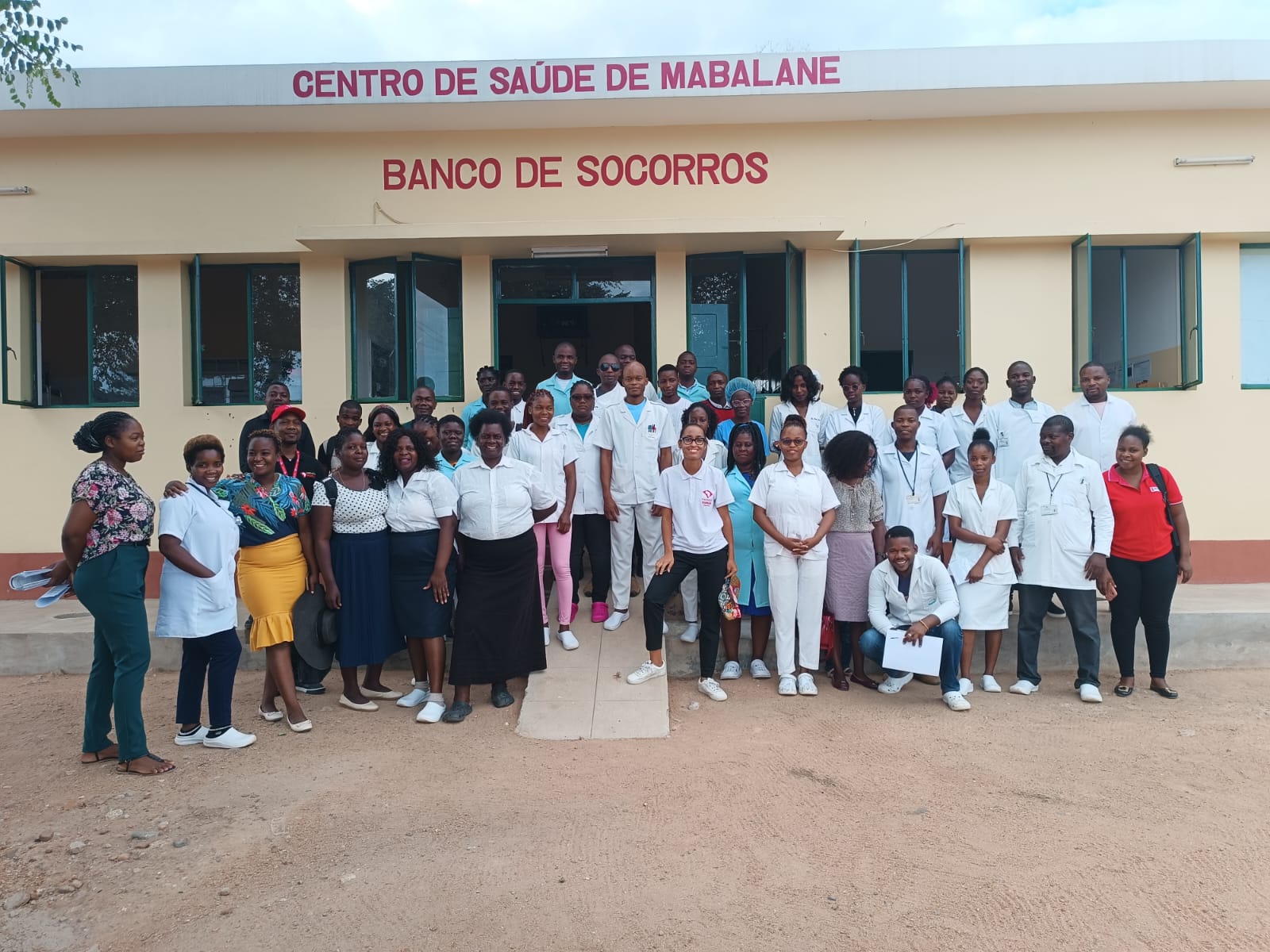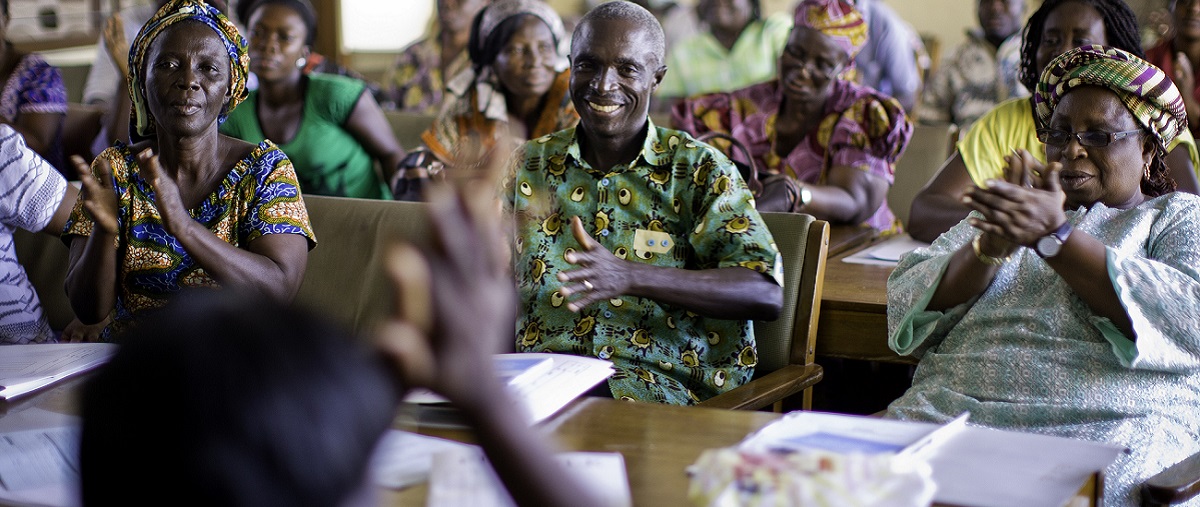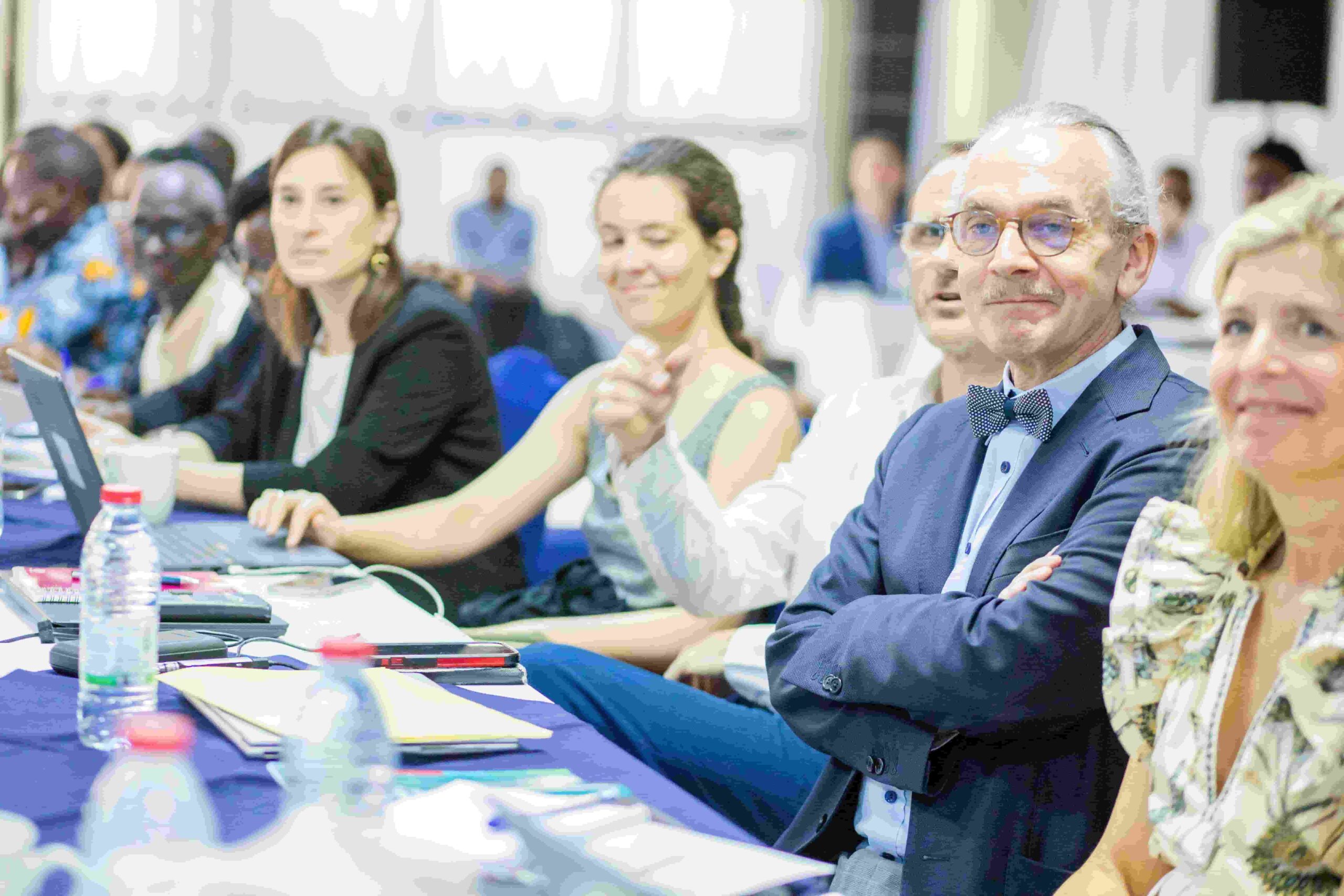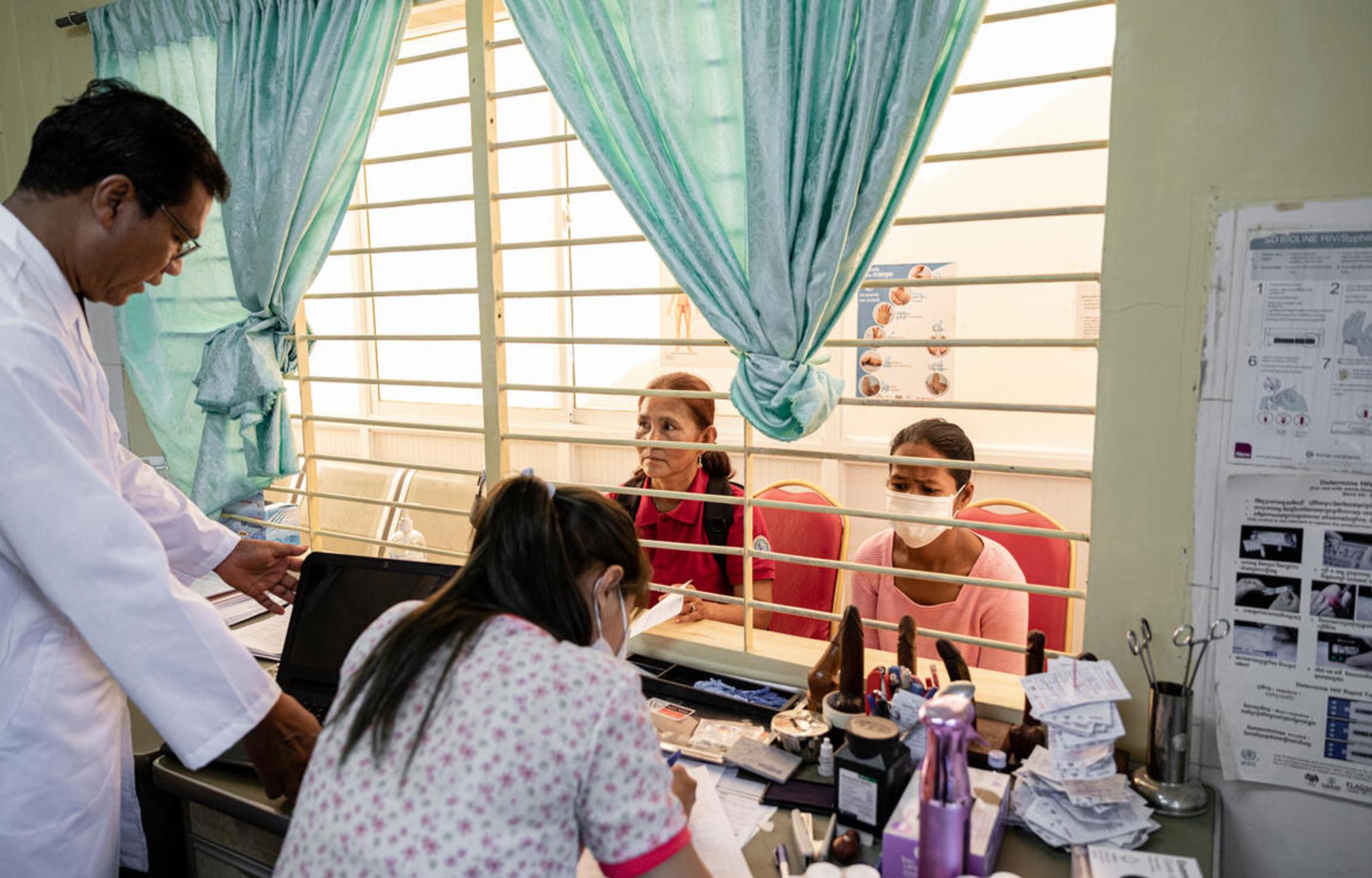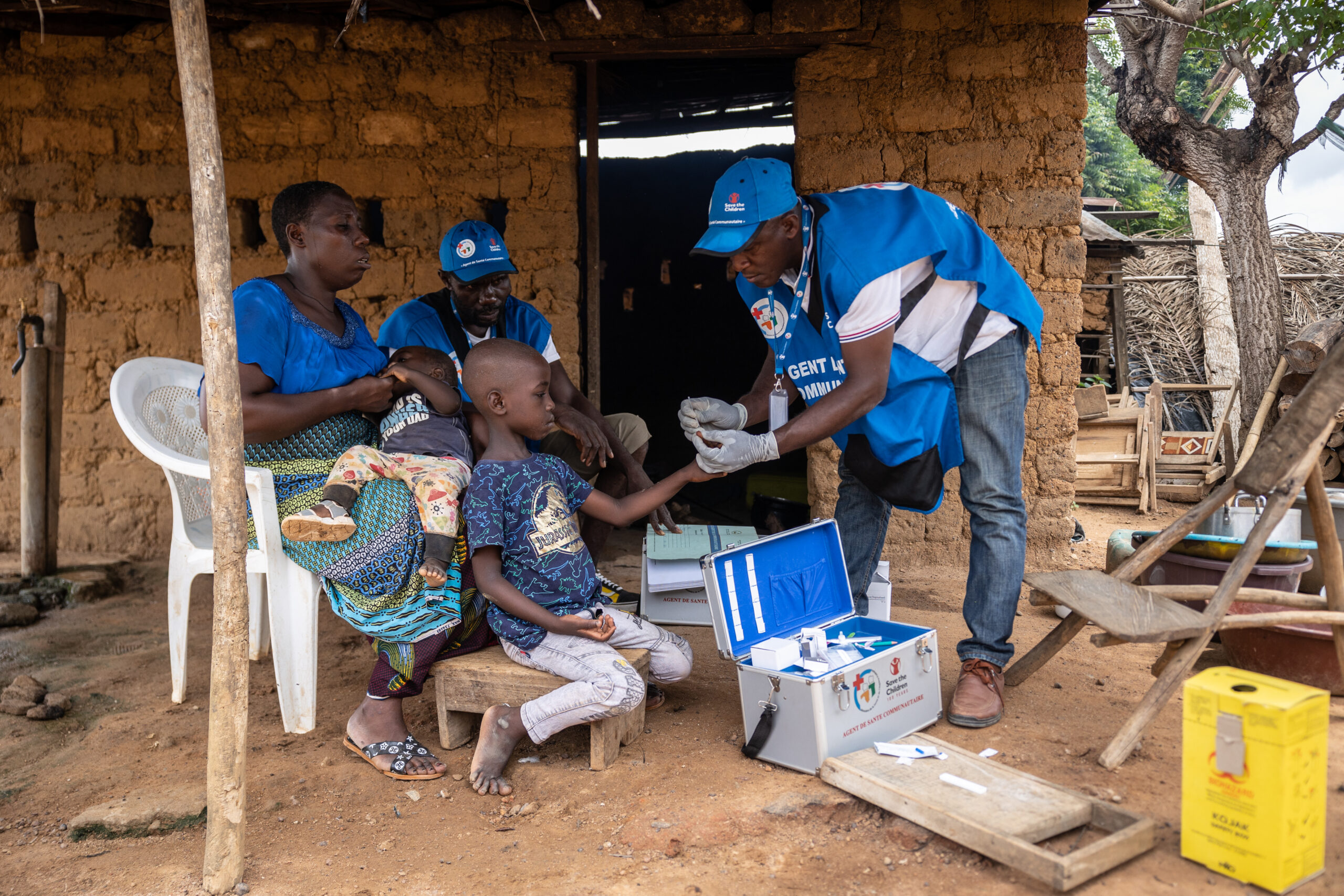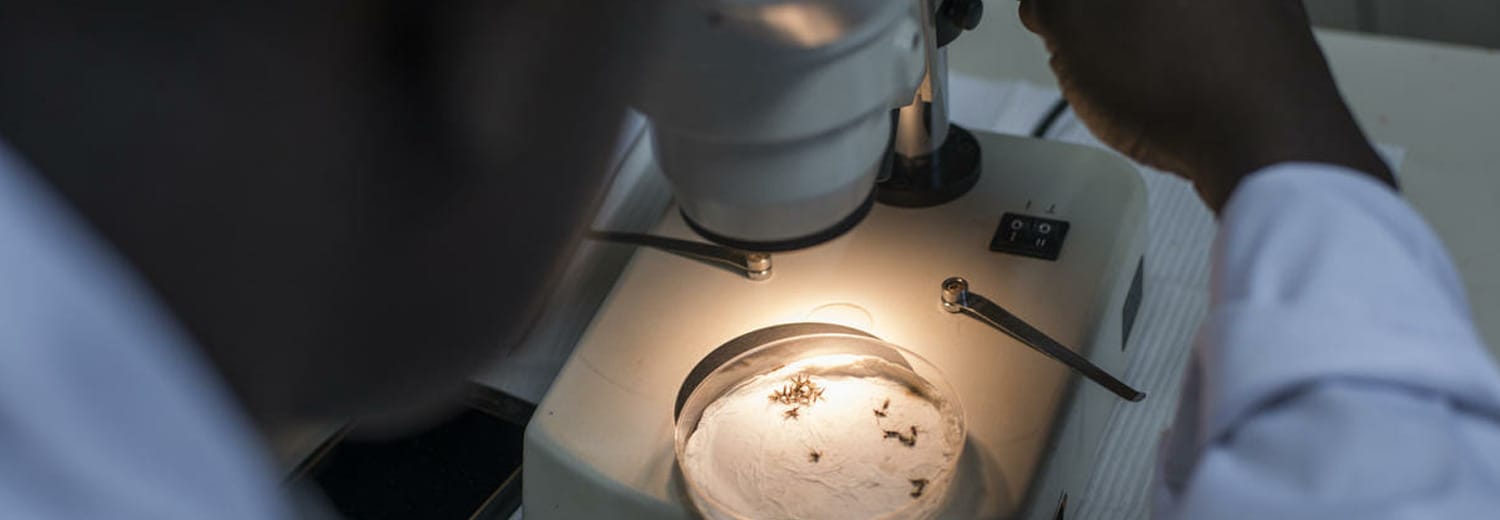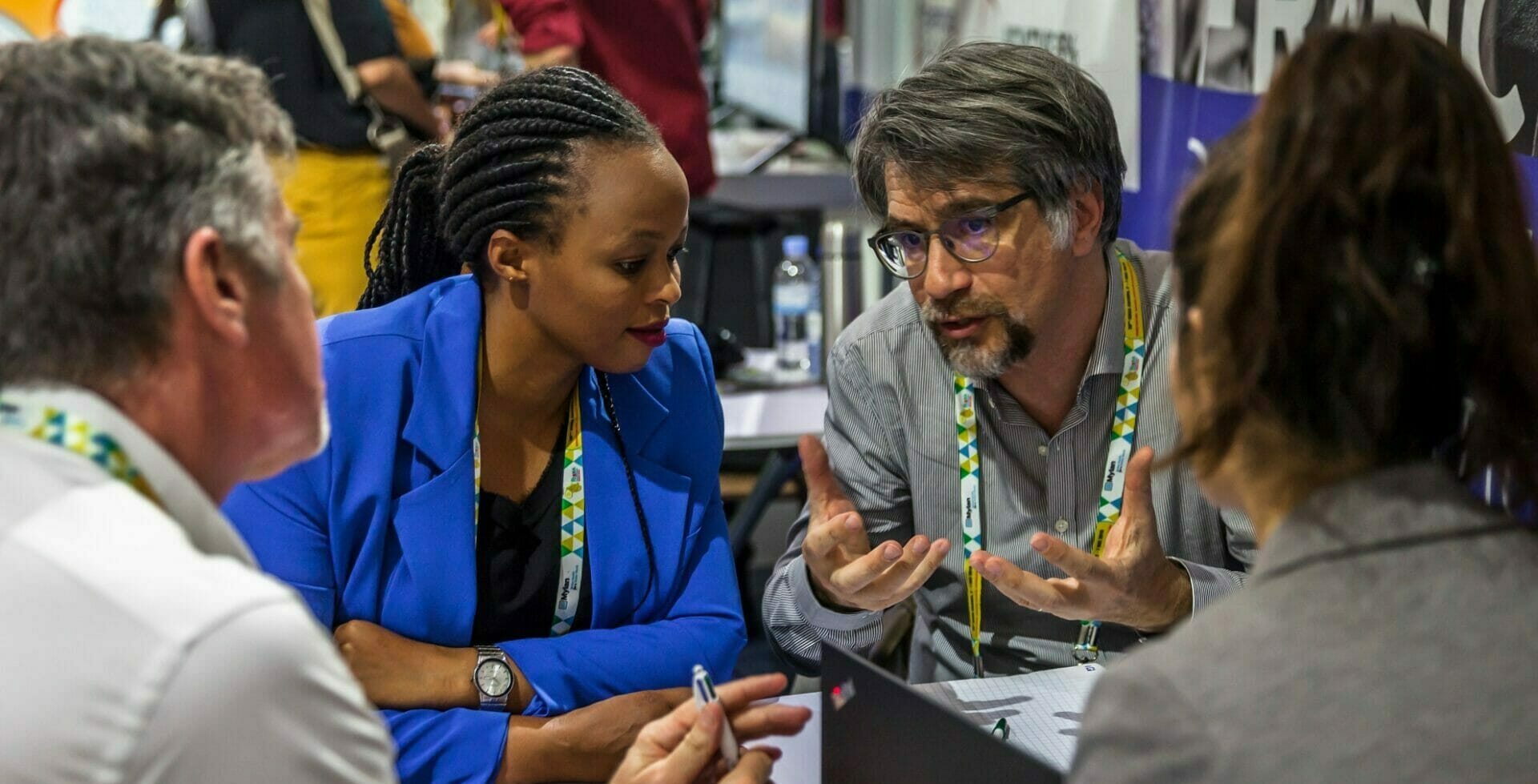Strengthening health systems through operational research
Identify strategies that work
“The main method today to fight the disease is the impregnated mosquito net. But it is not the only one: there is a whole arsenal of tools to fight against mosquitoes, at different stages of their life.”
Cédric Pennetier , researcher at the Research Institute for Development and coordinator of the REACT project, implemented in partnership with the Pierre Richet Institute and the Health Sciences Research Institute.
For three and a half years, from April 2016 to September 2019, researchers tested the effectiveness of four new vector control strategies, combined with the use of mosquito nets:
- spraying insecticides on the walls of homes;
- treatment of stagnant water and agricultural lowlands with larvicides;
- injecting farm animals with ivermectin, a molecule that kills mosquitoes that bite treated animals;
- raising awareness among populations about the modes of transmission of malaria.
Sustainably integrating research results into health systems
At the end of the project, the Ivorian and Burkinabe national malaria control programs positioned themselves to integrate the research findings into their national strategic plans and the activities that will result from them.
This research also helped to strengthen the knowledge and skills in epidemiology and entomology of the project stakeholders, as well as those of the health personnel and community health workers involved in the activities. It is on this dynamic that the REACT 2 project, led by a consortium enriched with new skills in epidemiology and evaluation of health programs, has decided to capitalize.
Mobile medical teams closer to vulnerable rural populations
Supported by L’Initiative, the aim of REACT 2 is to study at the community level in Burkina Faso and Côte d’Ivoire the impact of setting up mobile medical and prevention teams working in concert with community health workers in rural communities .
These mobile devices should allow community health workers to be more valued and integrated into the primary health system, to be better trained, so that their activities fully comply with national recommendations, and to be supported in the event of difficulties in referral or care. The ultimate goal is to guarantee effective and rapid care for populations far from care.
